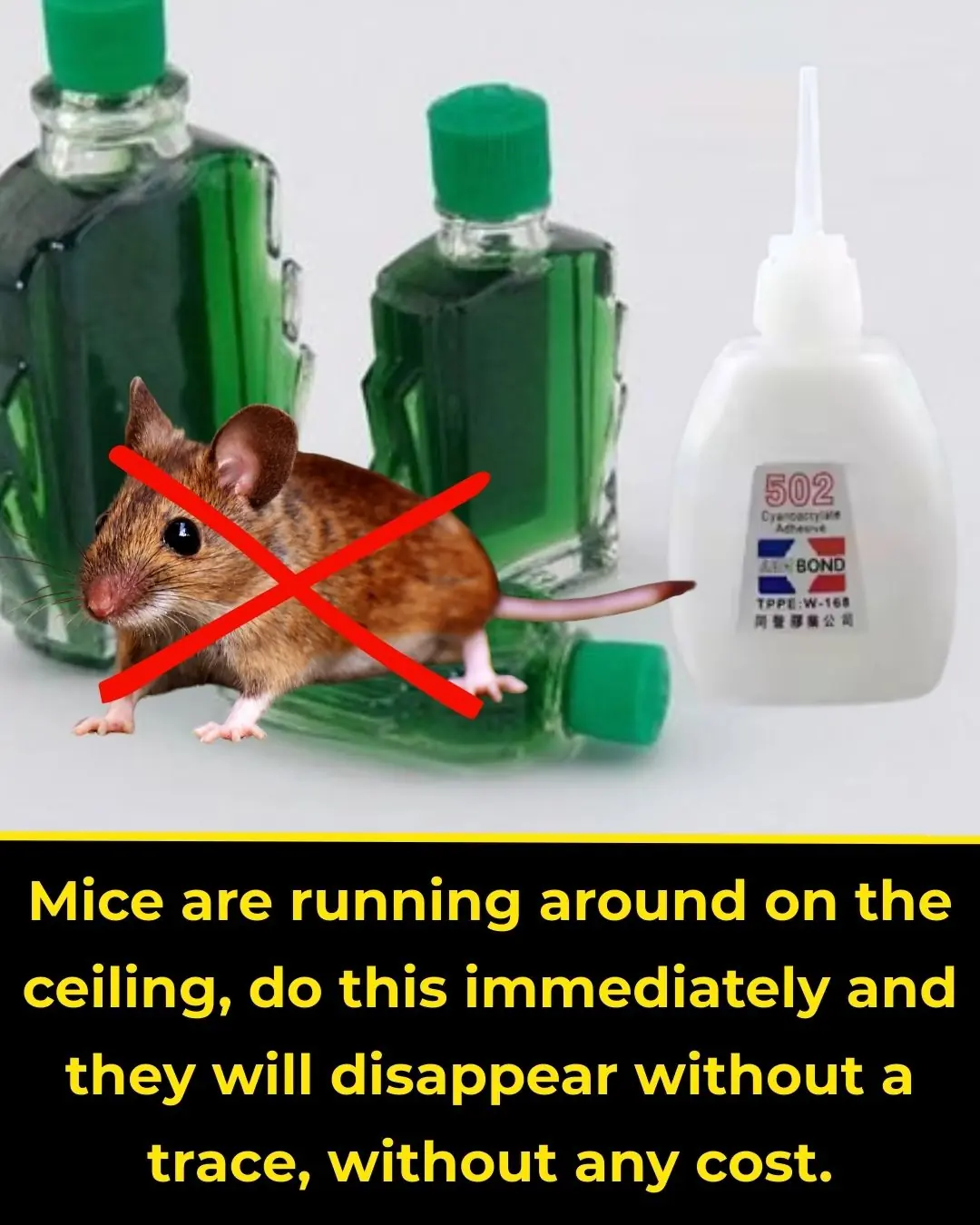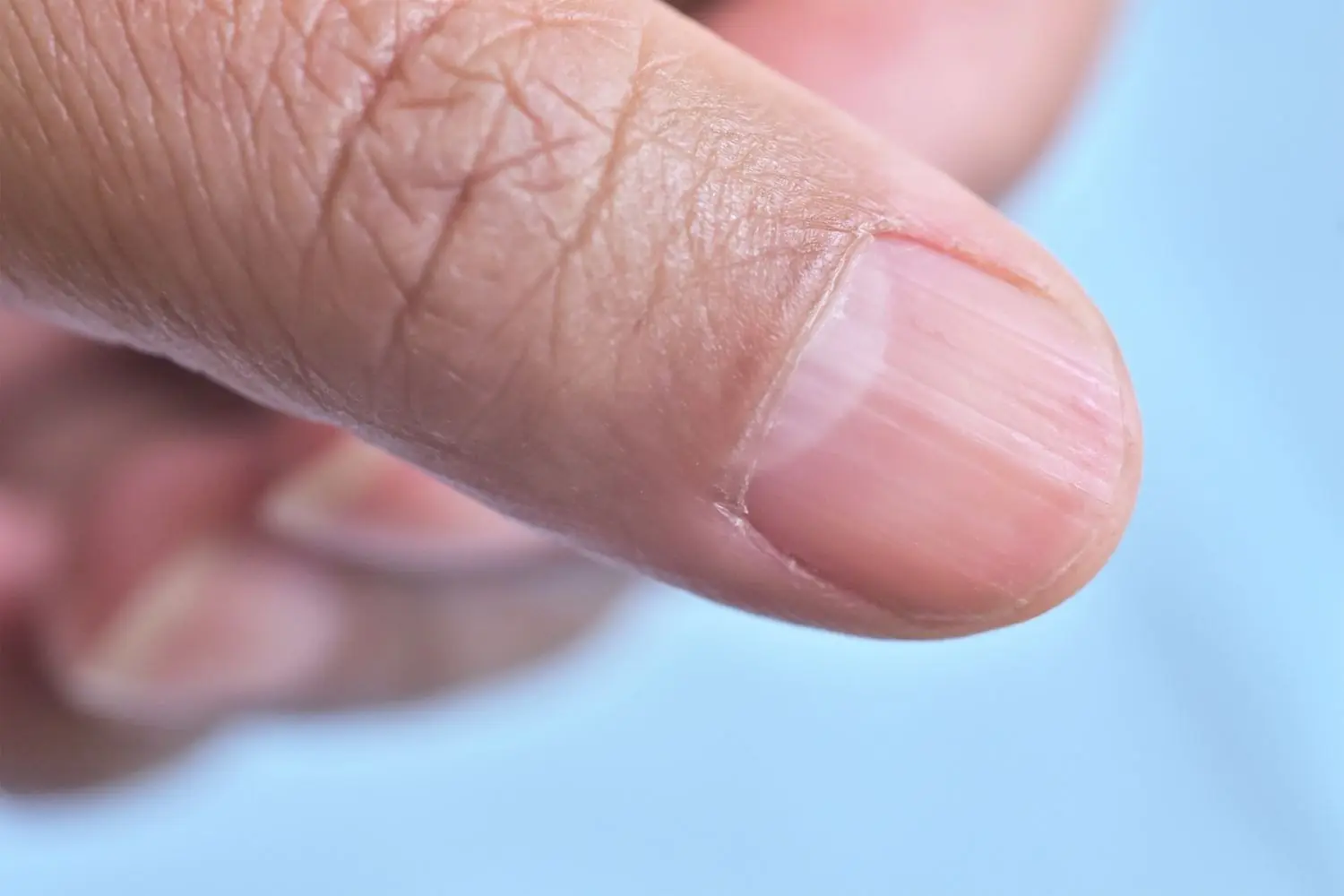
Early Signs of Liver Damage & How to Strengthen Your Liver

Your liver is one of the largest and most essential organs in your body. It sits in the upper right part of your abdomen, just beneath your ribs, and performs a wide range of critical functions necessary for survival. Because of its importance, maintaining optimal liver health and recognizing early signs of liver damage is crucial.
The Vital Functions of the Liver
The liver serves as the body’s main filtration system, converting toxins into waste products, metabolizing nutrients, and producing proteins and chemicals essential for digestion and overall function. Here are some of the liver’s primary responsibilities:
-
Production of bile, which is necessary for the digestion and absorption of fats.
-
Detoxification of harmful substances, including environmental toxins, medications, and metabolic waste.
-
Hormone regulation, helping maintain a balanced endocrine system.
-
Protein synthesis, especially blood-clotting proteins and enzymes.
-
Metabolism of carbohydrates, fats, and proteins, converting nutrients into usable forms.
-
Storage of essential nutrients, such as iron, vitamins A, D, E, K, and B12.
Every substance we ingest—food, drink, or medication—must be processed by the liver before it is utilized by the body or excreted. When liver function declines, overall health quickly deteriorates. Although the liver is resilient and capable of regenerating damaged tissue, sustained injury can lead to irreversible damage and liver failure.
Common Causes of Liver Damage
Liver disease often develops slowly over time, and early symptoms may be subtle or mistaken for other conditions. Some of the most common causes of liver damage include:
-
Chronic alcohol consumption – The leading cause of liver damage worldwide.
-
Viral infections, particularly hepatitis A, B, and C.
-
Malnutrition – Especially in individuals with low-protein diets or chronic gastrointestinal conditions.
-
Medication toxicity – Both prescription and over-the-counter medications can damage the liver if misused.
-
Exposure to environmental toxins – Such as industrial chemicals or pesticides.
-
Inherited metabolic disorders, like hemochromatosis (iron overload) and Wilson’s disease (copper accumulation).
-
Fatty liver disease, often linked to obesity or type 2 diabetes.
-
Smoking – Increases the risk of liver cancer and damages liver cells.
-
Certain supplements and herbs – Excessive intake of vitamin A or unregulated herbal remedies can also be harmful.
-
Chemotherapy drugs, which may be toxic to liver cells.
Warning Signs and Symptoms of Liver Damage
The liver can often function even when damaged, so symptoms may not appear until significant harm has occurred. Here are signs that may indicate liver trouble:
-
Pain or discomfort in the upper right abdomen, just under the ribs.
-
Chronic fatigue or mental confusion, resulting from a buildup of toxins in the bloodstream.
-
Digestive issues, such as diarrhea, constipation, or changes in stool color (including dark, pale, or bloody stools).
-
Persistent itchy skin, caused by bile salts depositing under the skin.
-
Jaundice, the yellowing of the skin or whites of the eyes due to bilirubin buildup.
-
Dark yellow or brown urine, unrelated to hydration levels.
-
Nausea, vomiting, and heartburn, often due to disrupted digestive processes.
-
Unexplained weight loss or loss of appetite, which can signal late-stage liver disease.
-
Swollen abdomen, ankles, or legs, due to fluid retention (ascites or edema).
-
Easy bruising or bleeding, caused by decreased clotting factors.
-
Hormonal imbalances, such as enlarged breasts in men (gynecomastia) or reduced libido.
-
Blood test abnormalities, like high MCV (mean corpuscular volume) with normal RDW (red cell distribution width), which may point to liver dysfunction.
-
Acute liver failure symptoms, such as confusion, swelling in the brain (hepatic encephalopathy), or kidney failure.
When to See a Doctor
You should seek medical advice promptly if you experience:
-
Ongoing fatigue, weakness, or unexplained weight loss.
-
Yellowing of the skin or eyes (jaundice).
-
Persistent abdominal pain, especially in the upper right quadrant.
-
Nausea, vomiting, or fever that doesn't resolve.
-
Swelling in your abdomen or lower limbs.
In general, don’t ignore vague symptoms—early detection can be life-saving. If in doubt, consult your doctor.
How to Strengthen and Protect Your Liver
Taking care of your liver is essential for long-term health. Even small lifestyle changes can significantly reduce your risk of liver disease. Here’s how to support your liver naturally:
1. Limit or Eliminate Alcohol Consumption
Alcohol is one of the liver’s biggest enemies. Reducing your intake—or eliminating it altogether—can dramatically improve liver function, especially if damage is detected early.
2. Watch Your Caffeine Intake
Caffeine, like alcohol, places stress on the liver. However, recent studies show that moderate coffee consumption (1–2 cups per day) may actually benefit liver health due to its antioxidant properties.
3. Avoid Smoking
Cigarette smoke introduces toxins that increase your risk of both lung and liver disease.
4. Stay Hydrated
Drinking plenty of water helps flush toxins from your body. Start your day with a glass of warm water and lemon juice to naturally stimulate bile production and improve digestion.
5. Eat a Liver-Friendly Diet
Focus on whole, unprocessed foods:
-
Leafy greens (spinach, kale, arugula) support detoxification.
-
Beets enhance bile flow and reduce oxidative stress.
-
Berries (blueberries, raspberries, blackberries) are rich in antioxidants that reduce fat buildup in the liver.
-
Whole grains, nuts, seeds, and lean proteins provide essential nutrients without overwhelming the liver.
-
Garlic helps activate liver enzymes and protect against toxin damage.
6. Avoid Processed and Fatty Foods
Minimize intake of fried foods, refined sugars, artificial additives, and trans fats. These can lead to fat accumulation in the liver and increase the risk of non-alcoholic fatty liver disease (NAFLD).
7. Use Herbal Remedies Wisely
Certain herbs support liver health, including:
-
Milk thistle – Protects liver cells and supports regeneration.
-
Dandelion root – Aids in detoxification and bile flow.
-
Turmeric – Reduces inflammation and oxidative damage.
Always consult your doctor before starting any supplement, especially if you have pre-existing liver conditions.
8. Exercise Regularly
Physical activity helps maintain a healthy weight and improves insulin sensitivity, which reduces the risk of fatty liver disease.
9. Follow Medication Guidelines
Never exceed recommended dosages for any medication or supplement. Some substances—even natural ones—can cause liver toxicity in high doses.
10. Monitor Chronic Conditions
If you have diabetes, high cholesterol, or high blood pressure, manage these conditions closely. Left unchecked, they can increase your risk of liver complications.
11. Practice Good Hygiene
Prevent hepatitis by avoiding contaminated food and water, practicing safe sex, and avoiding sharing personal items that may come into contact with blood.
Final Thoughts
The liver is absolutely essential to your well-being, and currently, there's no long-term medical substitute for its complex functions. That’s why prevention is the best medicine. Start today by making small but meaningful changes to your lifestyle. Protecting your liver now will pay off for years to come.
If you're ready to learn more, check out my other article: “The Best Foods to Cleanse Your Liver”—a guide to powerful natural remedies that support liver health.
News in the same category

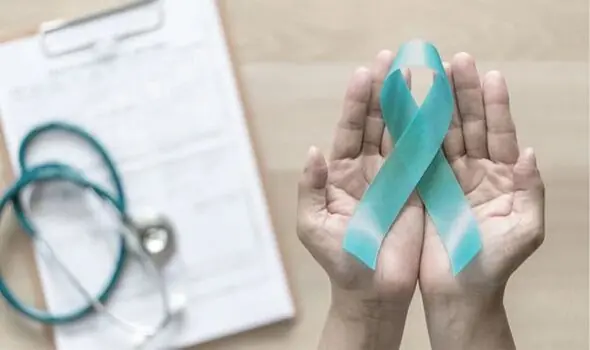
Symptoms Of Ovarian Cancer Every Woman Should Never Ignore
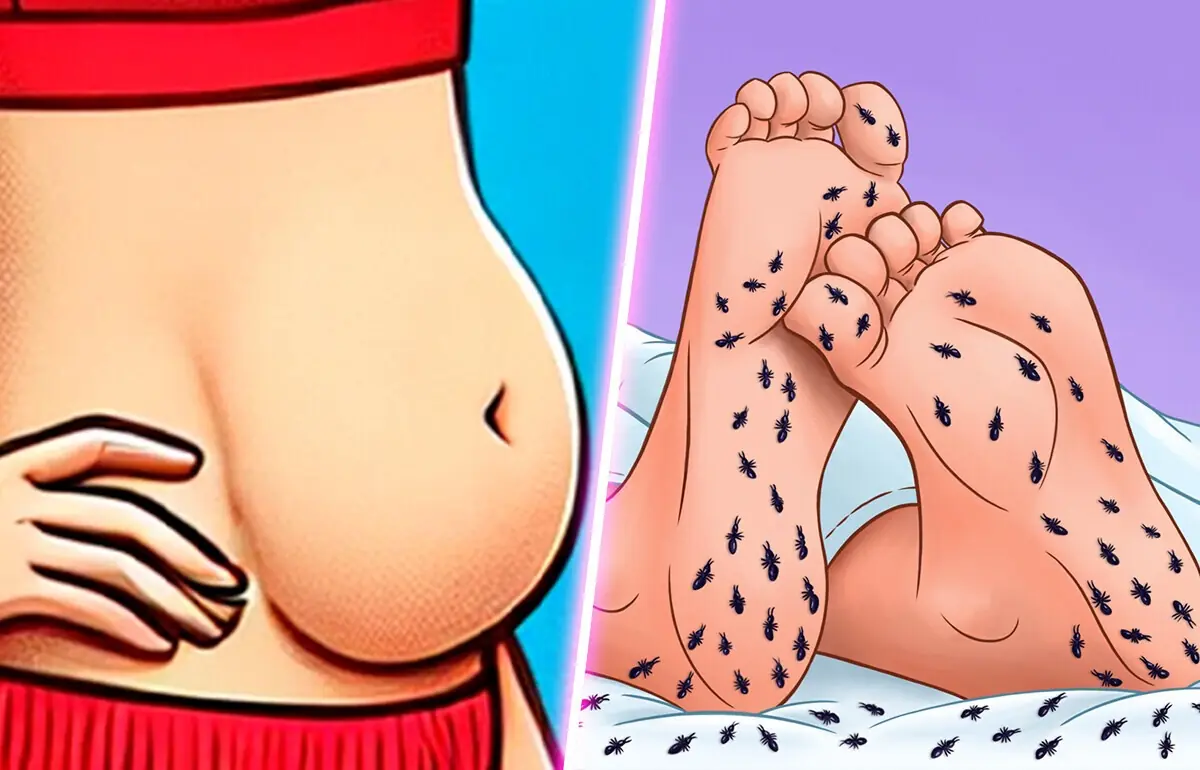
11 Silent Signs Your Body Gives Before Diabetes Strikes

Don’t Ignore These 9 Early Signs of Diabetes — Your Body’s Been Trying to Tell You
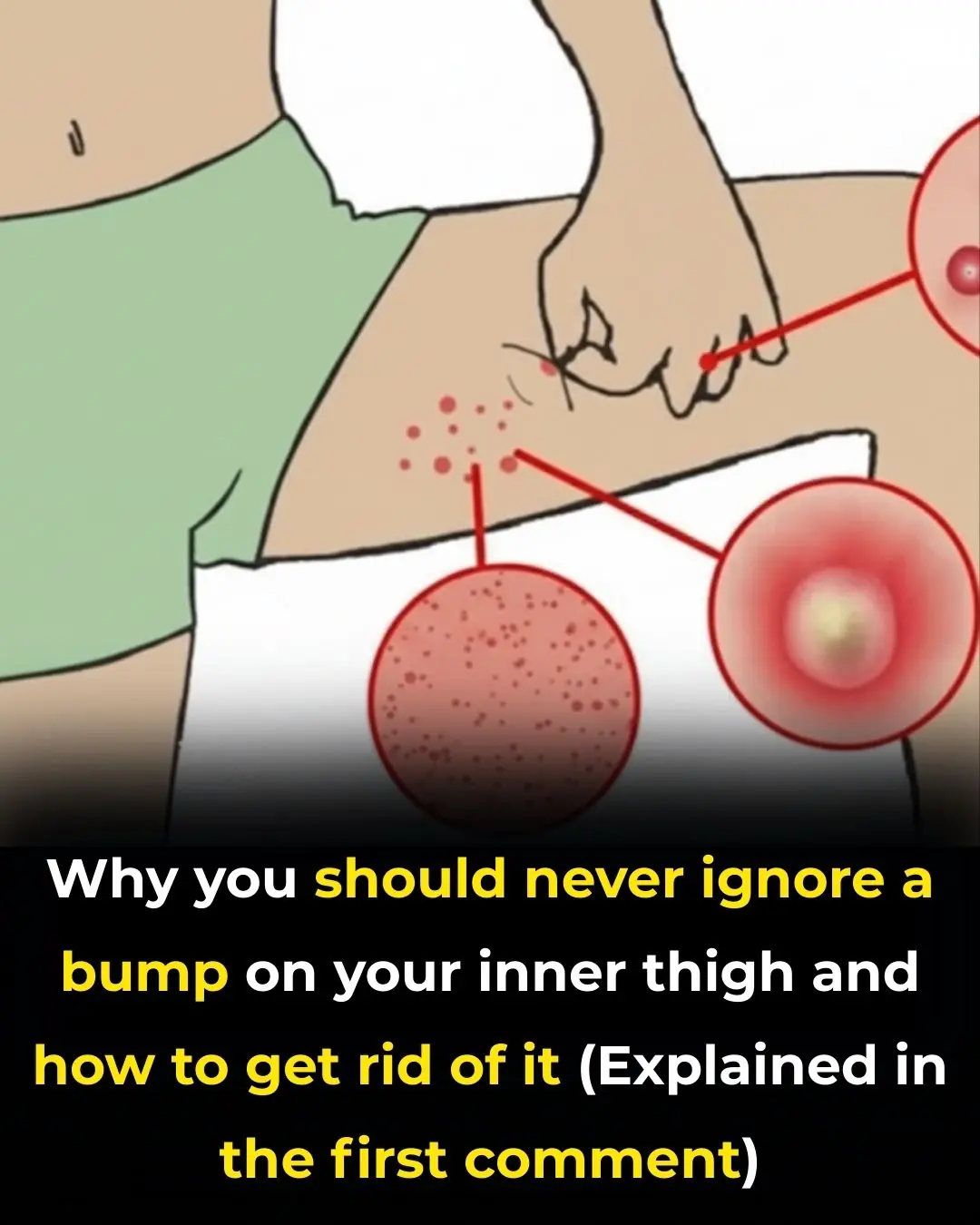
The Most Effective Ways to Get Rid of Bumps on Inner Thigh (Backed by Science)
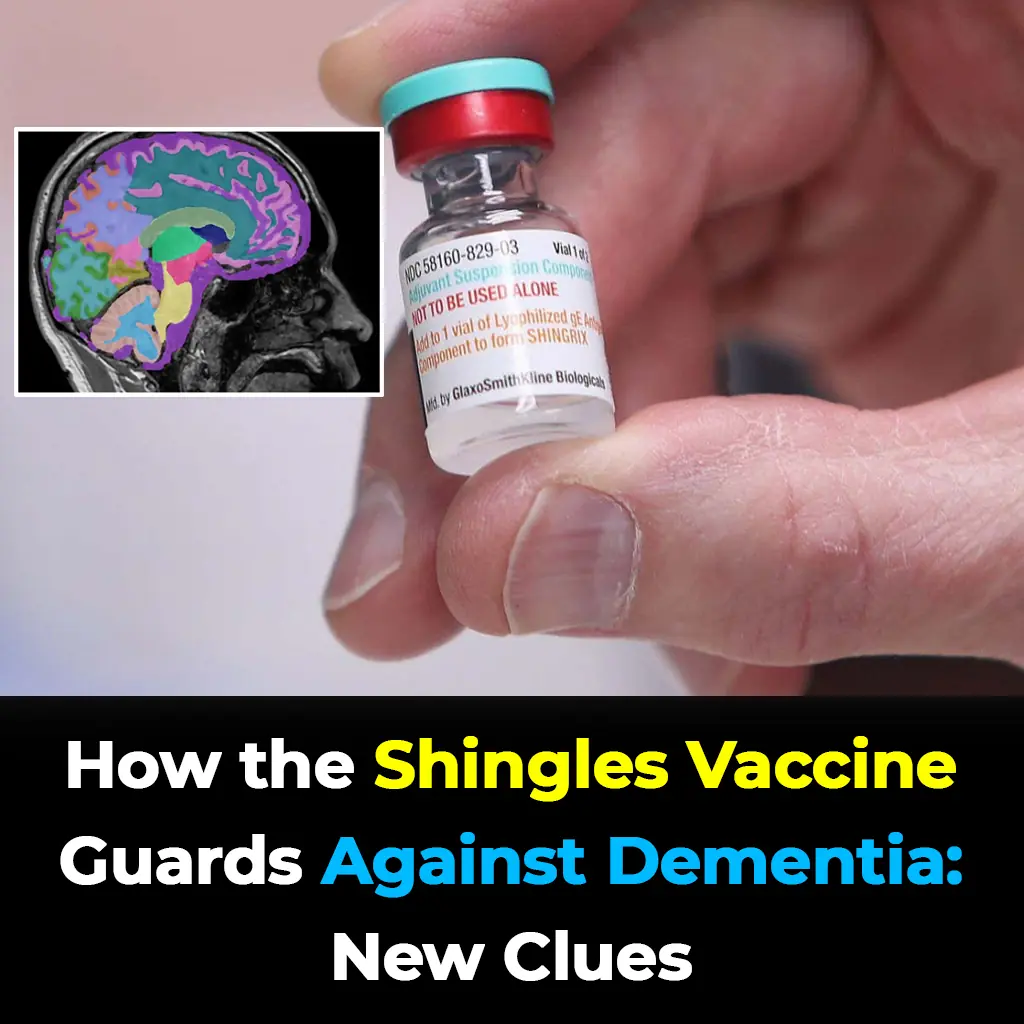
Shingles Vaccine May Protect Against Dementia, New Study Suggests
Could a simple vaccine hold the key to protecting the brain against one of the most feared diseases of aging?

Surgeons Face the Highest Mortality Risk Compared to Other Physicians, Study Finds
From elevated cancer rates to stress-induced cardiovascular disease, the profession carries health costs that demand greater awareness and intervention.

The Most Dangerous Time to Sleep: Why Going to Bed Late Can Harm Your Health

Random Stabbing Pains In Your chest Has Finally Been Explained
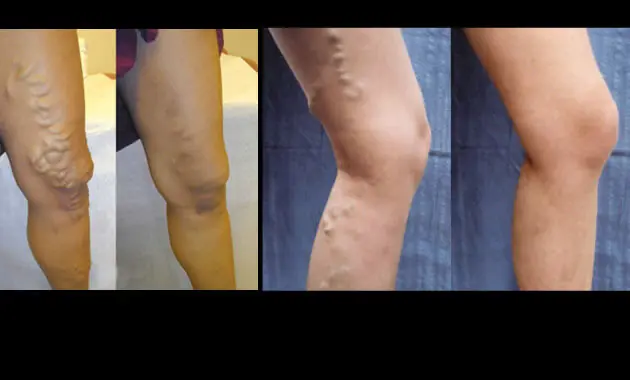
Varicose Veins: Causes, Symptoms, and Treatments for Better Circulation
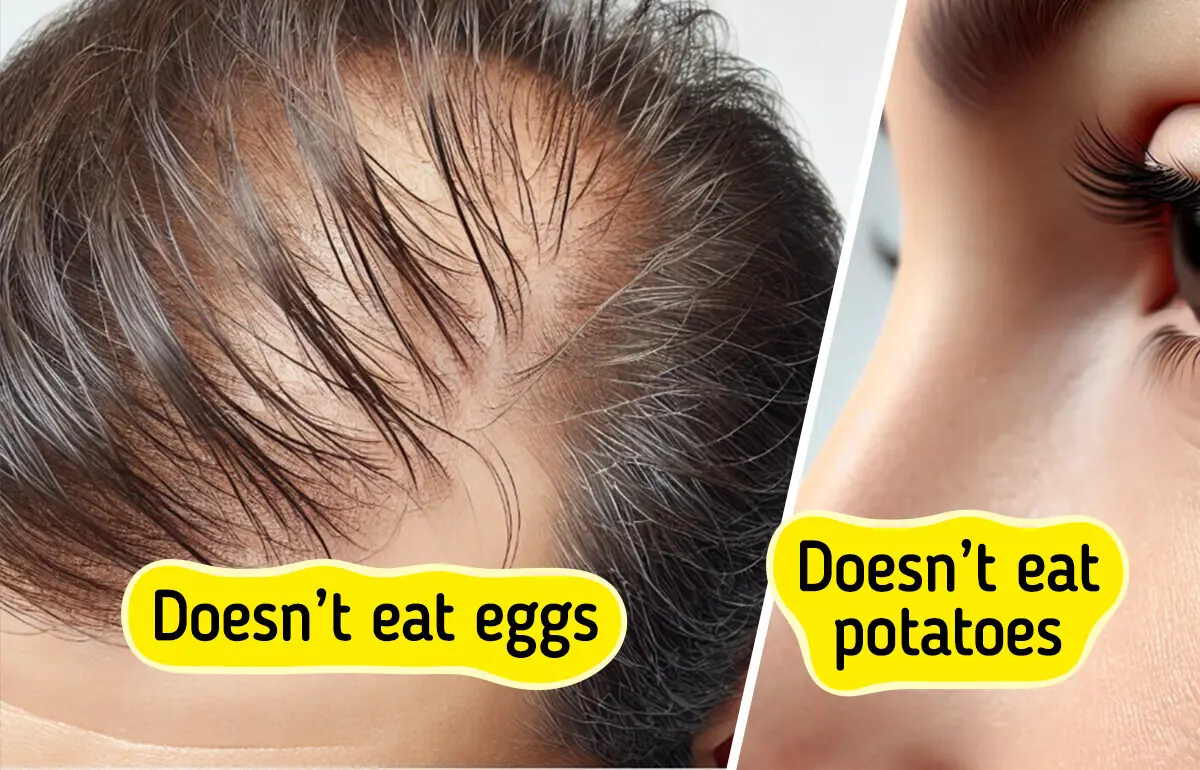
6 Sneaky Signs Your Diet Can Be Harming Your Body
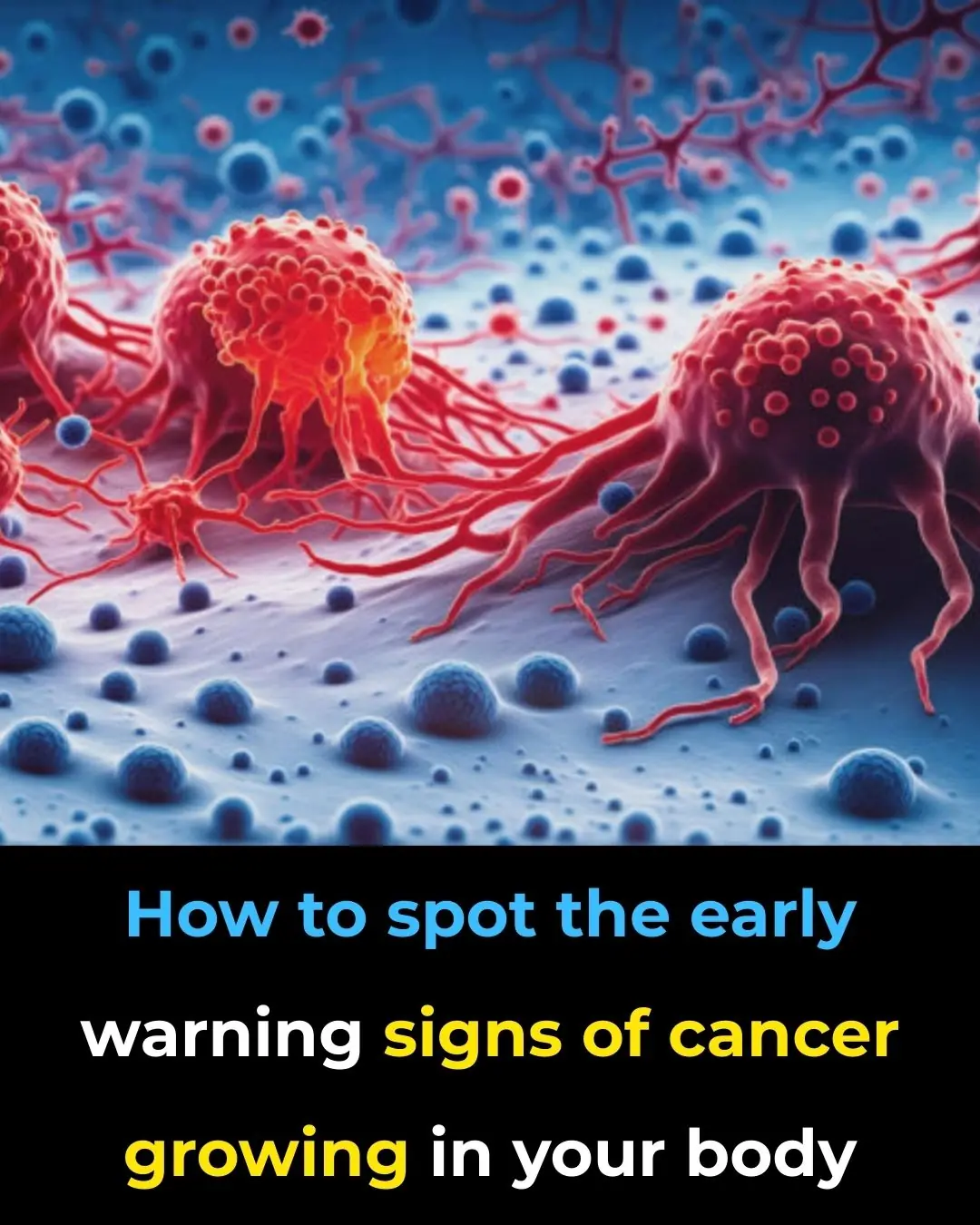
15 Common Cancer Symptoms You Shouldn’t Ignore

Remove these 7 everyday foods from your fridge—they could raise cancer risk
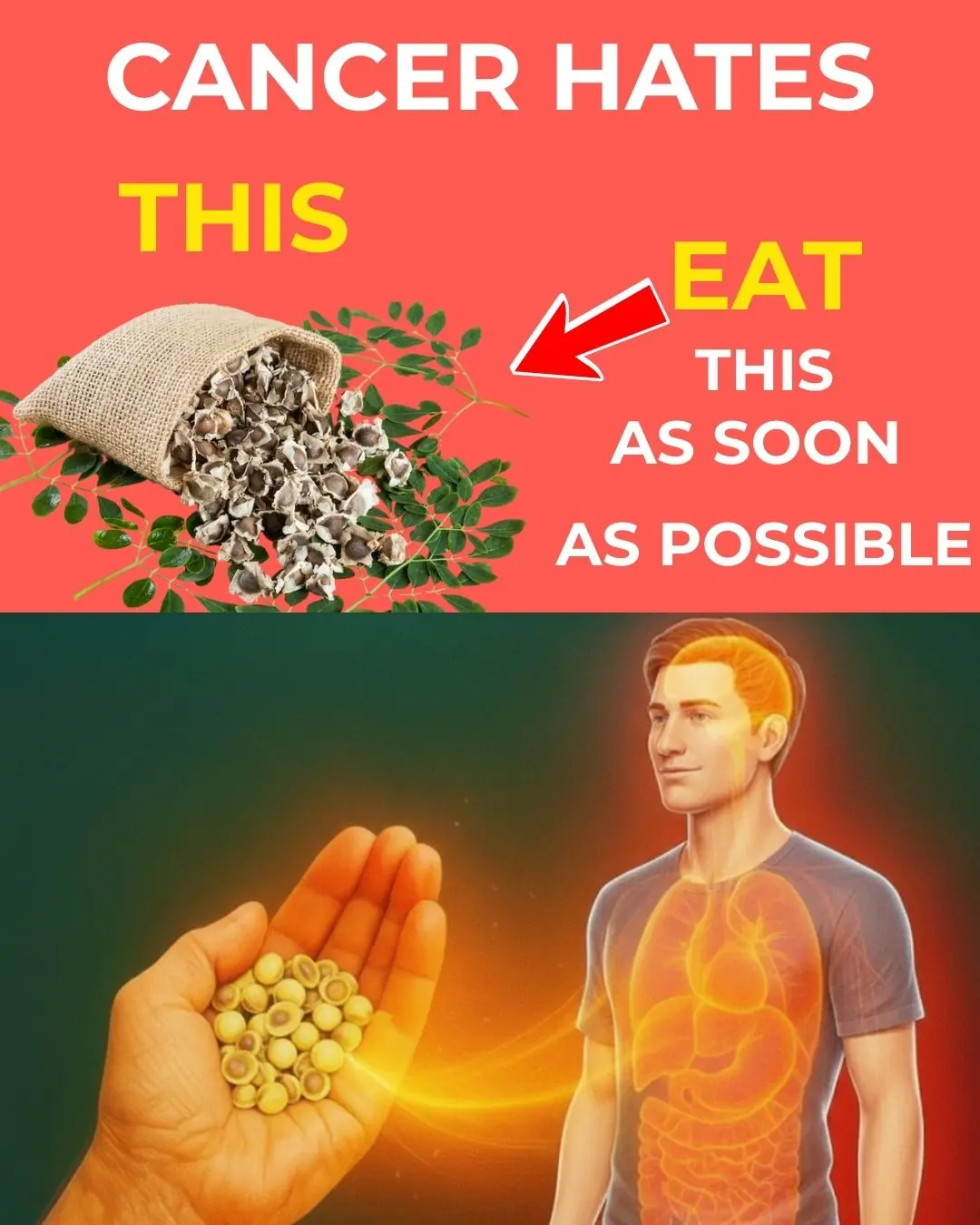
The Anti-Cancer Diet: Cancer Fighting Foods to Help Prevent Cancer (Evidence Based)

A Surprising Drink That May Help Prevent Cancer – And It's Not Tea or Coffee
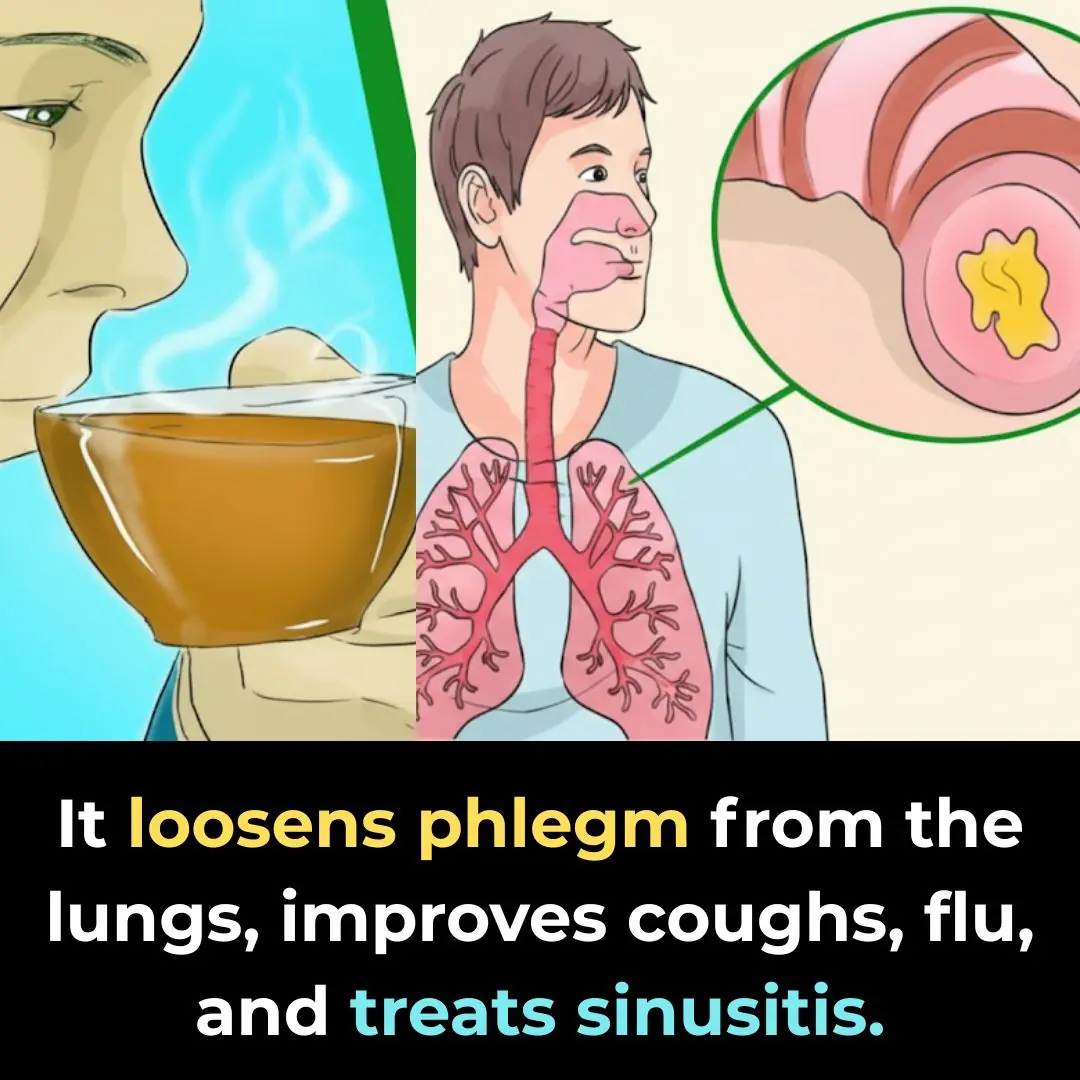
How To Get Rid of Phlegm And Mucus

Hidden Clues Before the Tremor: Early Warning Signs of Parkinson’s Disease You Shouldn’t Ignore
Catching these subtle, non-motor clues may help identify Parkinson’s long before the motor stage, opening the door to interventions that could delay its full expression.

Shift Work Migraine Disorder: The Newly Proposed Headache Condition
While debate continues over its official recognition, the research shines a spotlight on the neurological toll of modern labor demands and could pave the way for tailored treatments in the future.

Gut Health in Early Pregnancy Tied to Gestational Diabetes Development
The study authors emphasize that these findings mark only the beginning.
News Post
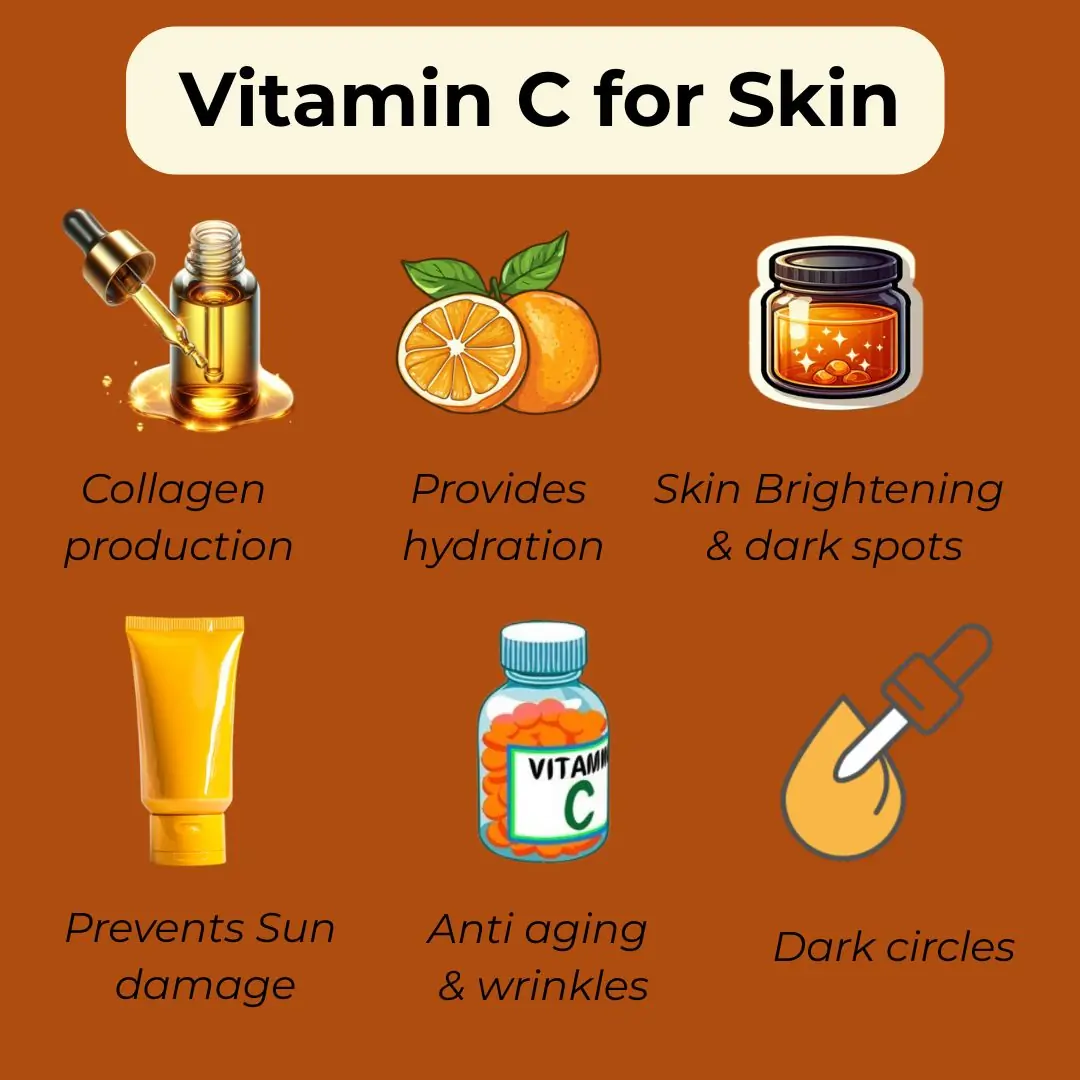
Homemade Vitamin C Serum | DIY Vitamin C Serum for Clear Skin

If you have these lines on your nails it is a clear sign that...
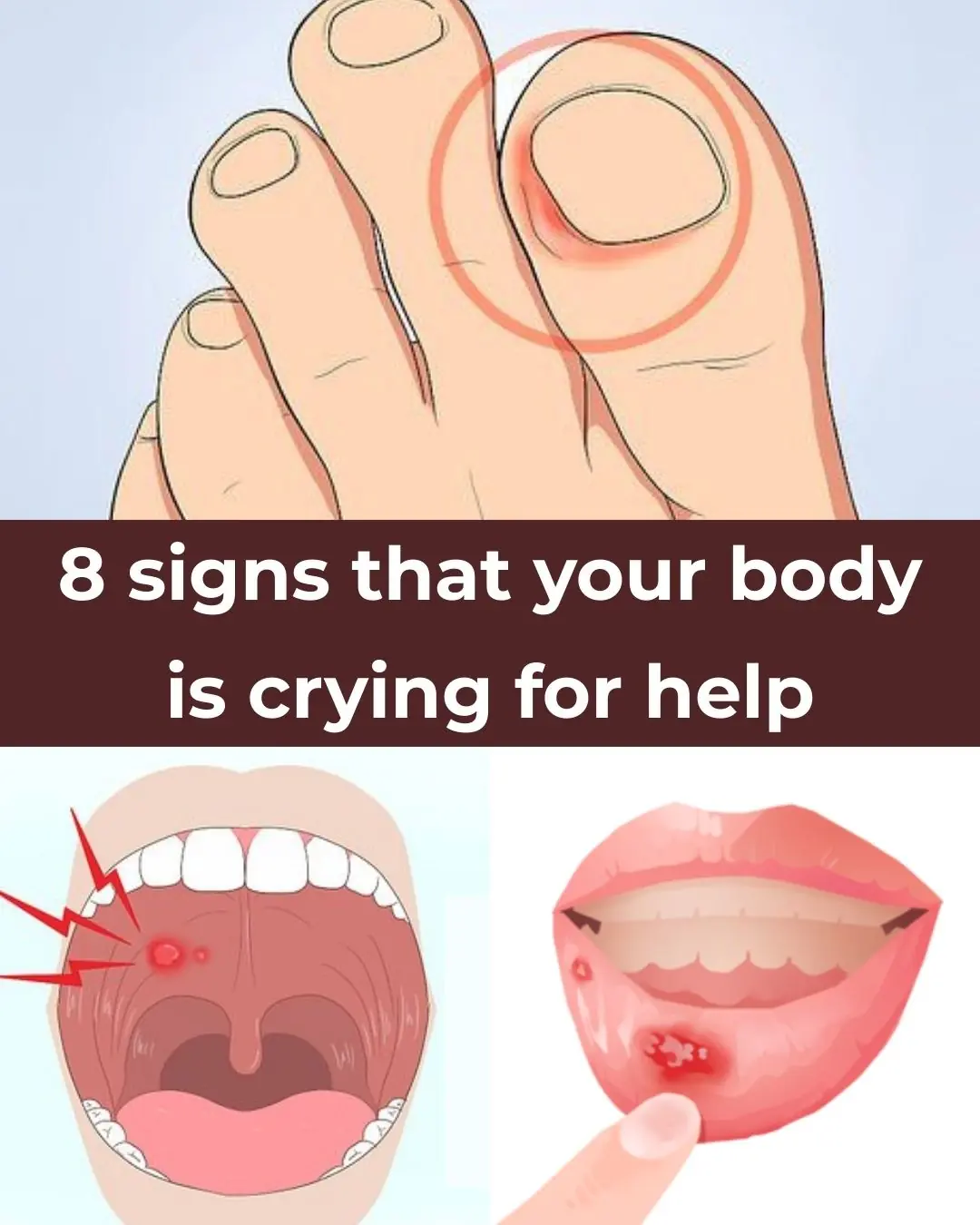
8 Signs That Your Body Is Crying for Help

Symptoms Of Ovarian Cancer Every Woman Should Never Ignore
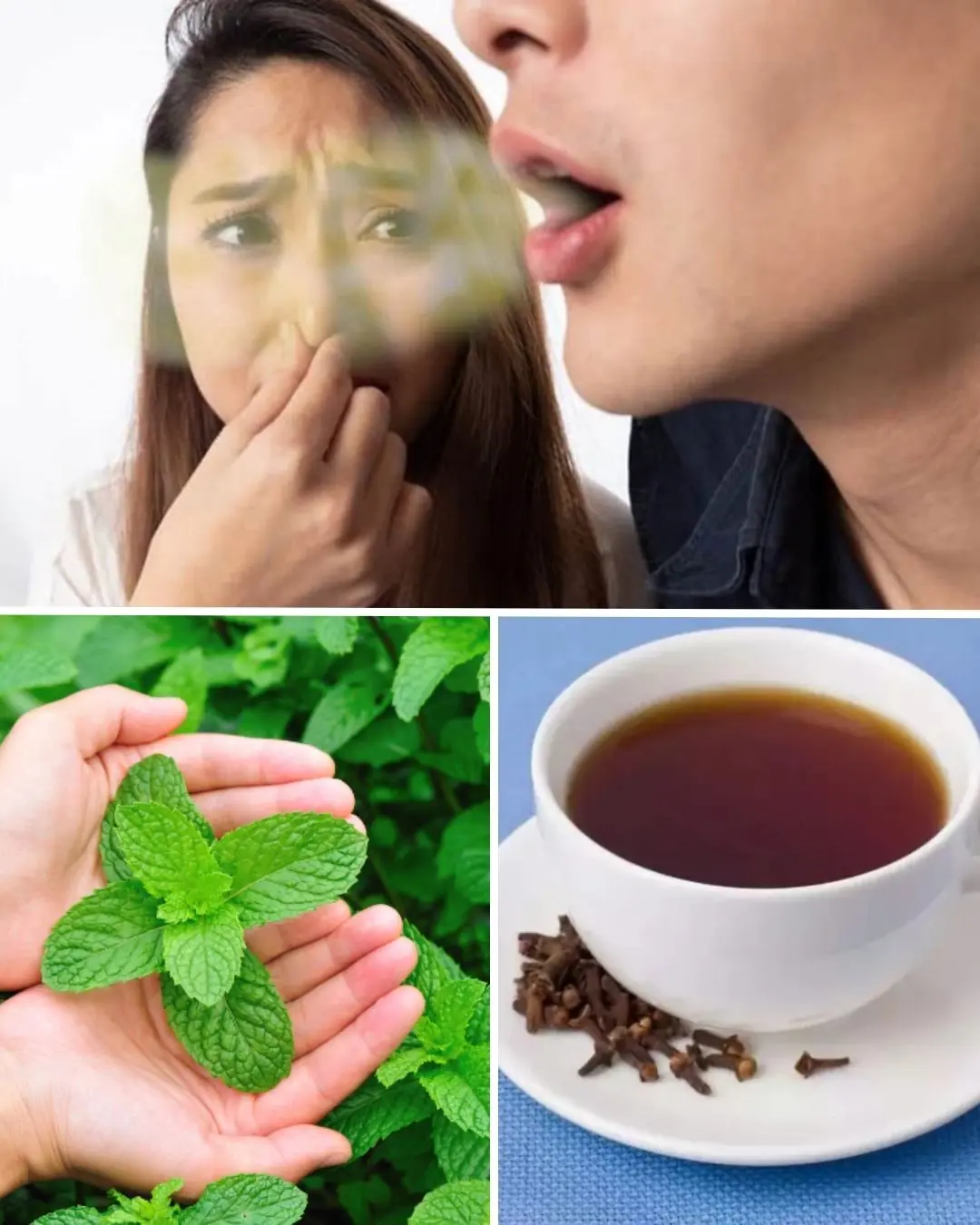
Say Goodbye to Bad Breath With Just 2 Natural Ingredients: DIY Clove & Peppermint Mouthwash

11 Silent Signs Your Body Gives Before Diabetes Strikes

Don’t Ignore These 9 Early Signs of Diabetes — Your Body’s Been Trying to Tell You

iPhone users slam latest update a 'downgrade' after noticing 'diabolically ugly' new features

Facebook users set to receive their share of $725,000,000 settlement as payments begin

Woman sends thousands of dollars to 'stranded astronaut' who was 'suffocating in space'

iPhone users warned to do one thing before updating to iOS 26

Guy Mocked for Dating 252-lb Woman

Homeowner Resumes Backyard Treasure Hunt

The Most Effective Ways to Get Rid of Bumps on Inner Thigh (Backed by Science)

Boil sweet potatoes, don't just add water

Why do old people often have many spots on their bodies?

Nothing phone brutally mock Samsung after they slammed Apple's latest iPhone
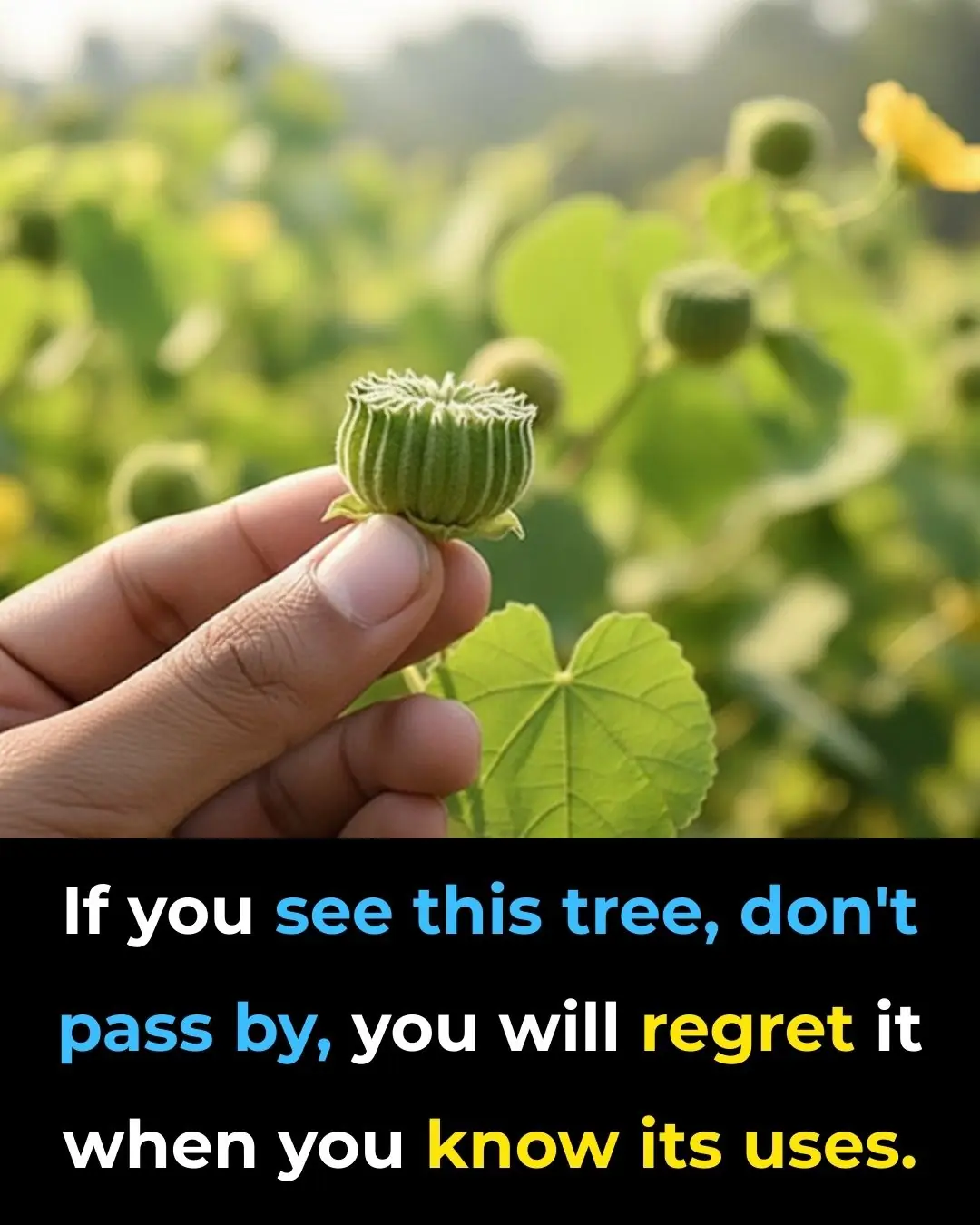
Medicinal uses of the plant
